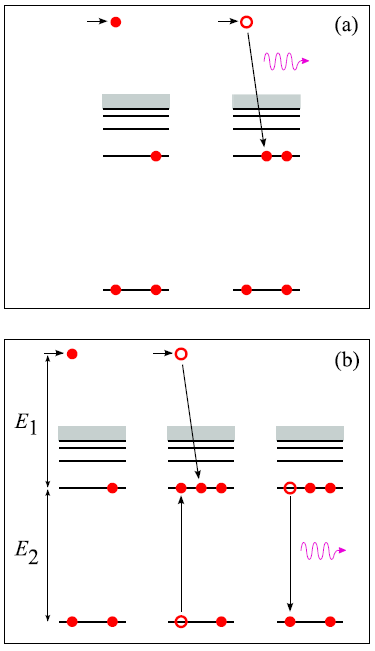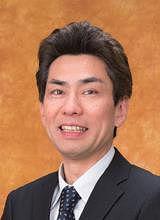March 2017 Issue
Research Highlights
Relativistic effects pack a punch in high-temperature plasma collisions
"The interaction of highly charged heavy ions with electrons is one of the most important atomic processes in high-temperature plasmas," explains University of Electro-Communications researcher Nobuyuki Nakamura in his recent J Phys B topical review. These high-temperature plasmas occur in a surprisingly large range of scenarios from astrophysical plasmas and solar corona, to fusion reactors and even laser-induced plasmas for short wavelength nanoscale photolithography, raising the stakes for understanding their behaviour. Nakamura's review summarises how the relativistic effects resulting in the "Breit interaction" can play a significant role in these processes.
The Breit interaction introduced by G Breit in 1930 is the relativistic effect involved in interactions between electrons. In many cases - such as the calculation of atomic energy levels - the correction to the standard Coulomb interaction is small. The Breit correction remains small even for energy level calculations of heavy ions, where atoms with a high mass are stripped of many of their electrons so that they are strongly charged.
However when a highly charged heavy ion resonantly captures an electron, the Breit interaction can become dominant. This 'dielectric resonant recombination' process is accompanied by energy radiation for stabilisation, and is prevalent in high-temperature plasmas. The Breit interaction can enhance the resonance effects by a factor of two. As Nakamura points out in his review, the Breit interaction is also responsible for the strong dependence on proton number observed in the experimental resonance strength, and helps to explain serious discrepancies with existing theory observed in polarization measurements of resonance processes.
Reference
Nobuyuki Nakamura, Breit interaction effect on dielectronic recombination of heavy ions, J. Phys. B: At. Mol. Opt. Phys. 49 212001 (2016).
Institute for Laser Science, The University of Electro-Communications, Chofu, Tokyo 182-8585, Japan




